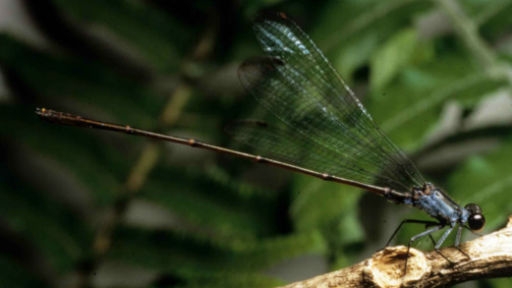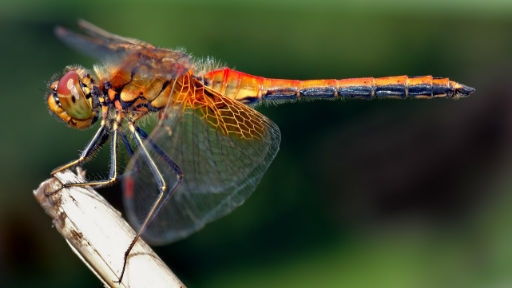
When you think migration, you may picture birds or whales. The largest migration on earth, though, includes much smaller creatures — a lot of them.
A study published in the journal Science covers the seasonal migration of insects, which is almost eight times larger than the annual migration of birds that migrate from Britain to Africa.

“The migration of 3.5 trillion insects, with a biomass over seven times that of the birds that migrate from Britain to Africa, has significant ecological ramifications,” said Dr. Nir Sapir, a biologist in the Department of Evolutionary and Environmental Biology at the University of Haifa and one of the study’s co-authors. “Insects are highly sensitive to climate change, and this may lead to dramatic changes in the population of migrating insects, causing important environmental changes.”

Flying insects are one of the largest populations on the planet, and researchers have long assumed that many insects migrate. Until now, though, scientists didn’t know which insects migrate, when, or where they go.
The study found that the 3.5 trillion insects, with a collective biomass of 3,200 tons, migrate south in the fall and north in the spring. They travel at least a few hundred miles, and maybe even further. What’s even more impressive is the scientists’ discovery that the insects use conscious navigation to direct themselves to warmer climates, and use directional wind flows to help them along.

Climate change may be drastically altering these migrations. In cooler summers, fewer insects are born, but as global temperatures rise, scientists like Sapir assume insect populations will increase. This could be harmful in some ways; as they migrate, insects consume plants, and a large enough migratory group could decimate crops in a given season. In other ways, it could be beneficial; the bugs are a food source for birds and bats, and their bodies include high percentages of nitrogen and phosphorus, which make great fertilizer.
Like the hordes of traveling bugs, the new study was remarkably big and international. Researchers involved hail from Nanjing Agricultural University, the University of Exeter, the Hebrew University of Jerusalem and the University of Greenwich.
Read the article in Science.




